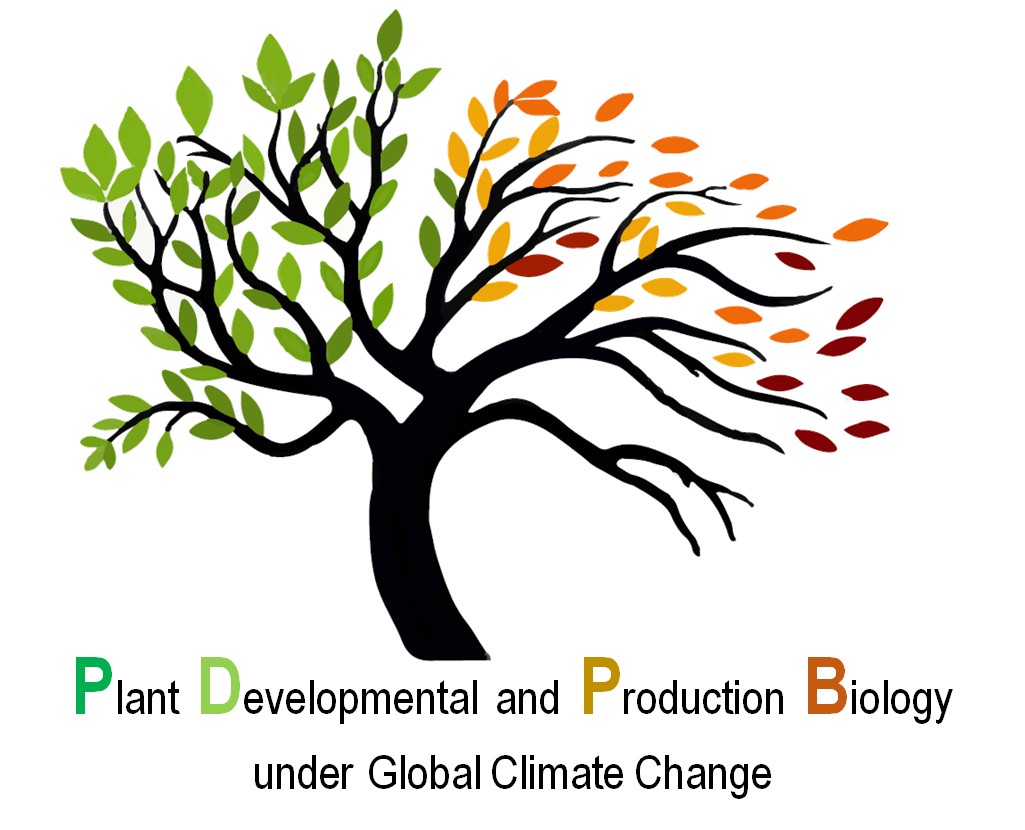 |
Prof. Dr. Ondřej Novák Leader of the group of Cytokinins & Hormonomics at the Laboratory of Growth Regulators, and of leader of the research program “Metabolomics”, Centre of the Region Haná for Biotechnological and Agricultural Research, both at the Palacký University in Olomouc, Czech Republic. Ondřej Novák obtained his Ph.D. at the Palacký University in Olomouc, Czech Republic, after what he worked as Scientific researcher at the Institute of Experimental Botany, Academy of Sciences of the Czech Republic, and as an assistant professor at the Laboratory of Growth Regulators, Faculty of Science, Palacký University in Olomouc. After a postdoctoral stay at Karin Ljung’s group at the Umeå Plant Science Centre, Ondřej Novák became the Leader of the group of Cytokinins & Hormonomics at the Laboratory of Growth Regulators (since 2013) and the leader of the research program “Metabolomics”, Centre of the Region Haná for Biotechnological and Agricultural Research (since 2014). Ondřej Novák’s group employs state-of-the-art analytic techniques to unravel the role of endogenous phytohormones and other metabolites on plant development and metabolism. His impressive body of work includes collaborations with some of the most respected research groups in science. |
|

|
|
Important links: |












